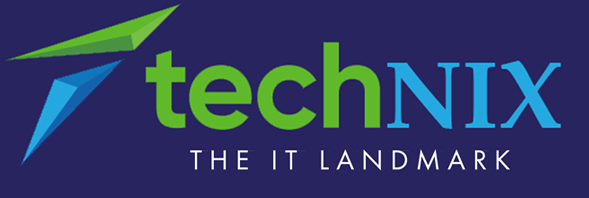Competencies
Software Development Lifecycle
At 7TECHNIX, we follow a structured Software Development Lifecycle (SDLC) to deliver scalable and high-performing software tailored to client goals. Our process begins with detailed planning and requirement gathering, followed by designing a robust system architecture. During implementation, we build modular, maintainable code. Rigorous manual and automated testing ensures quality and performance. The software is first deployed in a staging environment for stability checks before the final release. Post-deployment, we provide continuous maintenance and upgrades. This comprehensive SDLC approach minimizes risks, controls costs, and ensures reliable delivery of adaptable software solutions that evolve with your business needs.
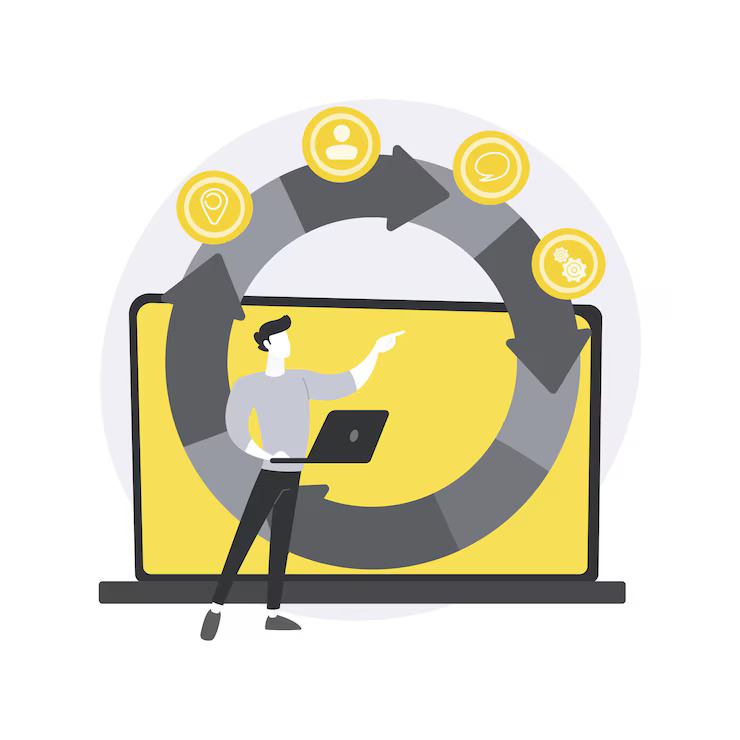

JAVA Applications:
Platform as a Service (PaaS) provides a complete cloud environment for developing, running, and managing applications without the complexity of managing underlying infrastructure. It includes servers, storage, networking, operating systems, databases, and development tools—all hosted in dedicated data centers. PaaS accelerates time to market, reduces capital and operational costs, and supports seamless scalability. Developers benefit from on-demand access to a wide range of tools and resources, enabling greater experimentation and flexibility. By handling tasks like patching and software maintenance, PaaS allows teams to focus on innovation and efficiency, making it an ideal solution for modern, agile application development.
Desktop Applications:
At 7TECHNIX, we develop robust desktop applications that run independently on a user’s computer, offering uninterrupted access and enhanced data security. By storing data locally, our solutions ensure faster performance and reduced dependency on internet connectivity. Built for platforms like Windows, Mac, and Linux, each application is optimized for compatibility and efficiency. Designed to meet diverse needs—from productivity to analytics—our desktop apps operate in isolated environments, minimizing security risks. With user-controlled updates and reliable performance, 7TECHNIX delivers desktop software that is secure, responsive, and tailored for a seamless user experience.

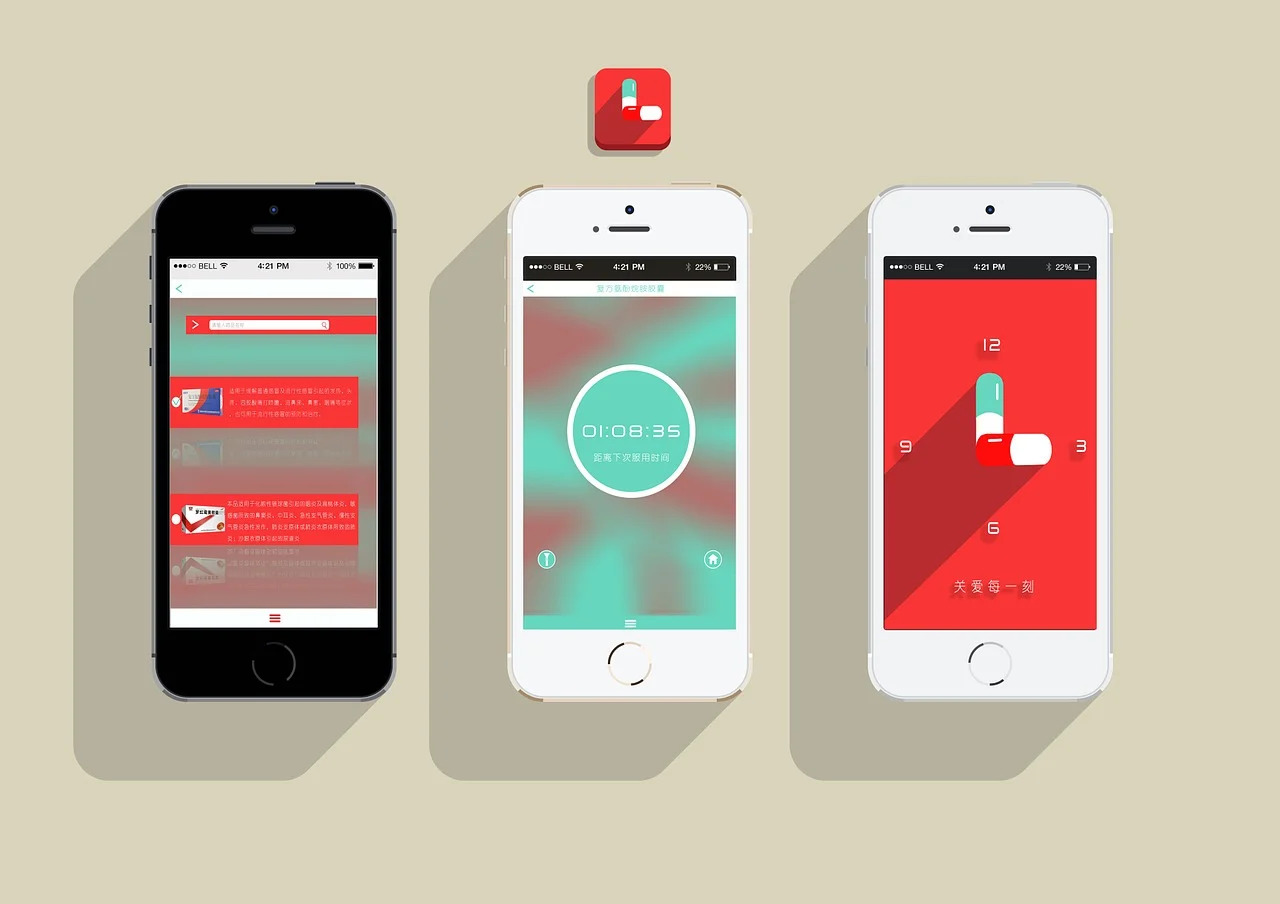
Mobile Applications:
At 7TECHNIX, we develop mobile applications designed for smartphones and tablets, delivering desktop-level functionality in a compact, user-friendly format. Our solutions include native apps (iOS/Android), web apps, and hybrid apps—each tailored to device capabilities and user needs. Built for performance and flexibility, our apps offer seamless online and offline experiences, with real-time push notifications and personalized features. Users can easily install them for on-the-go access anytime, anywhere. Whether for productivity, engagement, or service delivery, 7TECHNIX mobile apps are built to boost usability, convenience, and user interaction across a wide range of industries.
NET Applications:
7TECHNIX leverages the powerful .NET Framework to develop scalable, high-performance applications across Windows environments, including websites, services, and desktop apps. Utilizing the .NET Standard ensures our code and libraries run seamlessly across different .NET implementations. Our team expertly works with the Common Language Runtime (CLR), which handles memory management, exception handling, threading, and type safety for efficient execution. We also use the extensive .NET Class Library, providing APIs for tasks like string manipulation, file I/O, database access, and UI design. This enables 7TECHNIX to deliver reliable, maintainable, and flexible software solutions tailored to your requirements.

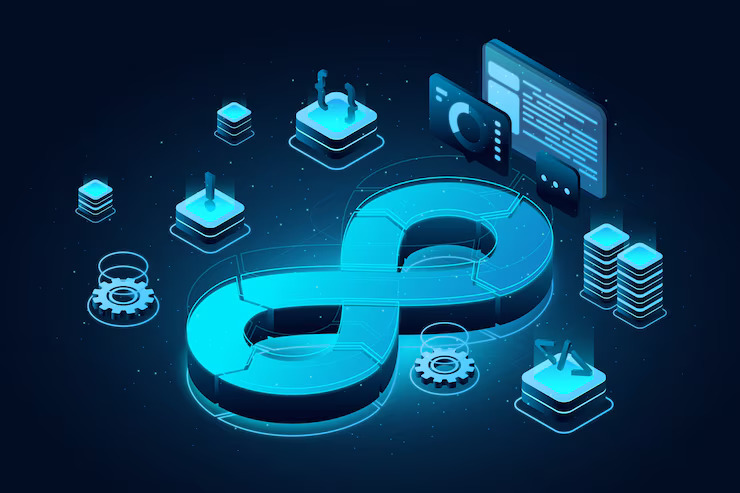
DevOps:
7TECHNIX embraces DevOps as a modern culture and practice that unites software development and IT operations to accelerate delivery while ensuring quality and reliability. By fostering collaboration and automating workflows, our DevOps approach enables faster feature releases, quicker bug fixes, and agile responses to customer needs. Key benefits include accelerated development cycles, frequent and reliable releases through continuous integration and delivery, and improved teamwork with shared responsibilities. This methodology drives innovation, stability, and scalability—empowering 7TECHNIX to deliver high-quality software solutions efficiently and maintain a competitive edge in the market.
Fullstack Development:
At 7TECHNIX, full stack development involves building complete applications, covering both front-end interfaces and back-end business logic. Our skilled developers master diverse technologies to manage every stage—from design and coding to testing and deployment. This end-to-end ownership reduces development time and costs while boosting productivity. With a comprehensive system understanding, our team quickly resolves issues, ensures smooth knowledge sharing, and optimizes task distribution. This holistic approach enables faster project delivery and scalable, high-performance applications. Ultimately, 7TECHNIX’s full stack expertise ensures efficient development and a seamless experience for both teams and users.


ServiceNow:
7TECHNIX harnesses ServiceNow, a cloud-based workflow automation platform, to streamline enterprise operations by automating routine business processes. ServiceNow unifies IT, customer service, HR, and security functions into a robust enterprise service management system that scales with business growth and delivers measurable ROI. Our expertise enables seamless integration with existing tools, empowering teams to manage projects and customer interactions via diverse apps and plugins. With self-service and intelligent workflows, ServiceNow helps quickly identify and resolve issues. Leveraging its cloud-native, serverless architecture, 7TECHNIX delivers scalable, SaaS-based solutions that drive digital transformation and business agility.
Data Engineering:
At 7TECHNIX, we specialize in designing and building robust data engineering systems that handle data collection, storage, and analysis at scale. Our solutions enable seamless integration of raw data from diverse sources and formats, empowering businesses to transform data into actionable insights. Our data engineering frameworks are built to support data professionals—including analysts, data scientists, and decision-makers—by providing reliable, fast, and secure access to comprehensive datasets. With 7TECHNIX, organizations can streamline their data workflows, improve operational efficiency, and make smarter, data-driven decisions. Harness the power of your data with 7TECHNIX’s cutting-edge data engineering capabilities.
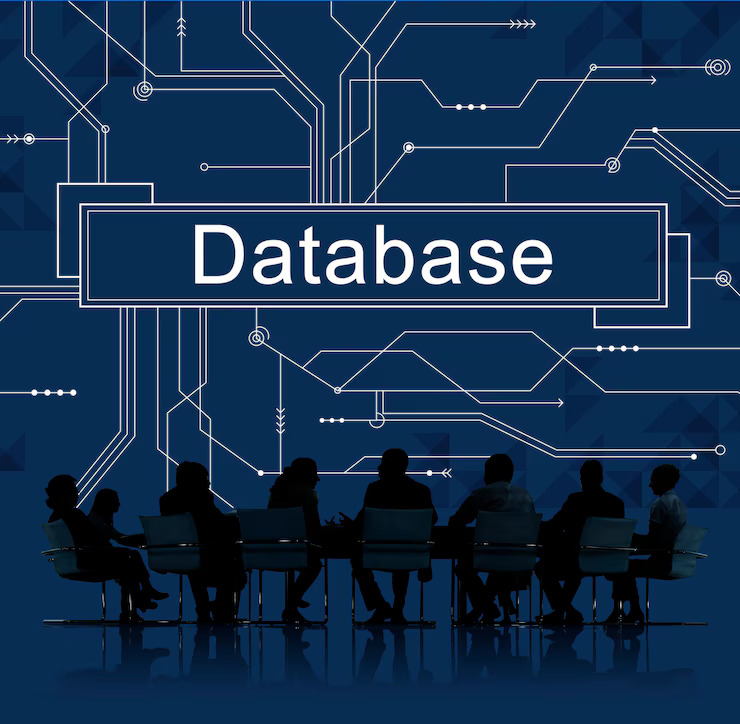
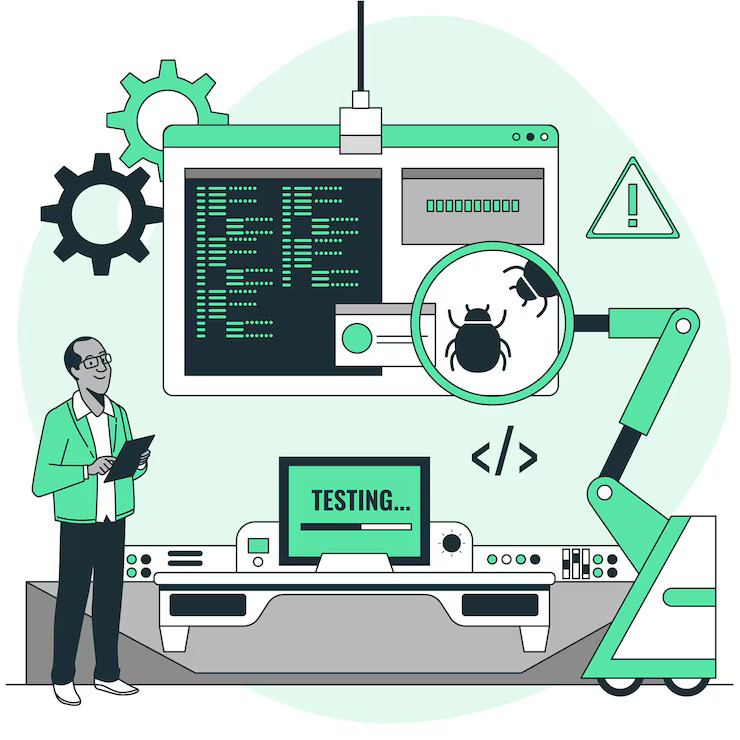
Software Testing:
Software testing ensures that software meets requirements and is free from defects by applying various testing methods. Acceptance testing confirms the system meets business goals, while code reviews check coding standards. Integration and unit testing verify module interactions and individual components, respectively. Functional testing simulates real scenarios, and performance testing evaluates system behavior under load. Regression testing ensures new changes don’t affect existing features. Security testing identifies vulnerabilities, and stress testing pushes the system to its limits. Usability testing measures how easily users can navigate the software. Together, these tests ensure reliable, secure, and user-friendly applications.
Cloud Computing
Organizations across industries are leveraging cloud services for diverse needs like data backup, disaster recovery, virtual desktops, software development, big data analytics, and customer-facing applications. Our Cloud Services provide fast, on-demand access to technologies ranging from basic infrastructure—compute, storage, and databases—to advanced tools like IoT, machine learning, and analytics. Cloud offers unmatched agility, enabling rapid deployment and accelerating innovation. It’s flexible and cost-effective, shifting costs from fixed data centers to usage-based expenses. We provide three main cloud models: Infrastructure as a Service (IaaS), Platform as a Service (PaaS), and Software as a Service (SaaS), allowing tailored solutions for your business needs.

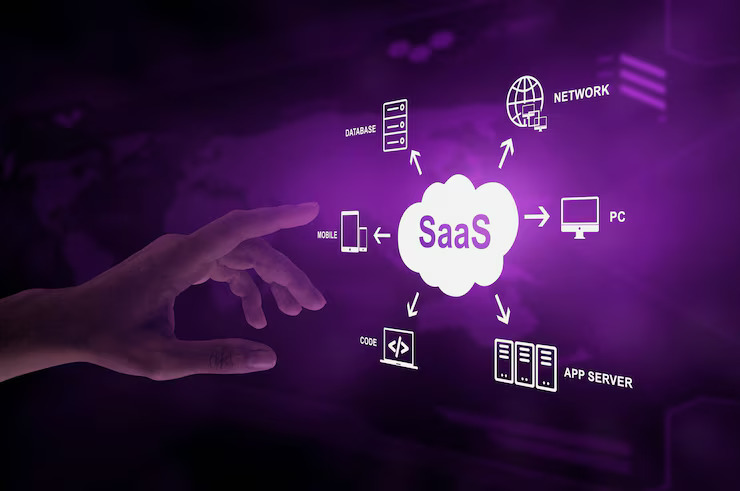
Software as a Service (SaaS)
SaaS delivers fully managed software products, like web-based email or CRM tools, where users focus on using the software without worrying about maintenance or infrastructure. Public SaaS clouds provide access to these applications and other resources over the internet, offered by providers through subscription or pay-per-use models. Public clouds are multi-tenant, managed by providers with high-bandwidth connectivity for fast, reliable access. Private clouds offer similar scalability and flexibility but with enhanced security and control, often hosted on-premises or by third parties. Hybrid clouds combine public and private clouds, allowing seamless workload management and maximum flexibility across environments.
Infrastructure as a Service (IaaS)
Infrastructure as a Service (IaaS) offers core computing resources like virtual machines, storage, and networking on a pay-as-you-go basis. It provides maximum flexibility and control, allowing businesses to outsource their entire IT infrastructure without managing physical hardware. With IaaS, organizations can scale quickly, reduce capital expenses, and manage infrastructure via the internet. It supports three deployment models: Public Cloud, where resources are shared over the internet; Private Cloud, dedicated to a single organization and often hosted on-premises; and Hybrid Cloud, combining both for seamless workload movement and optimized performance based on business needs.
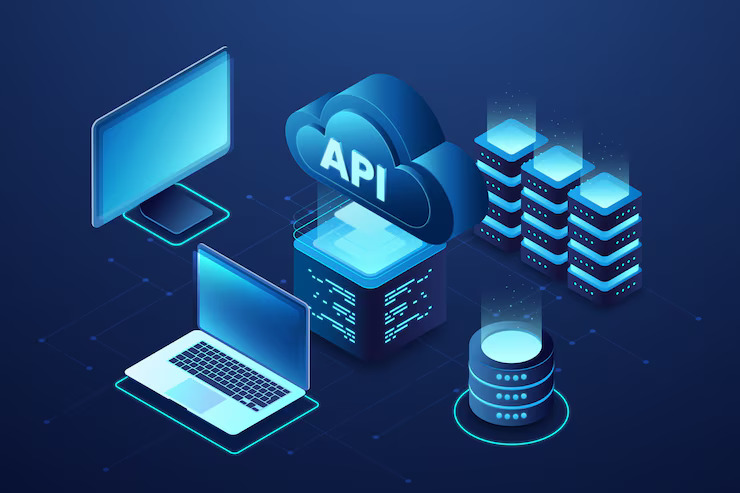
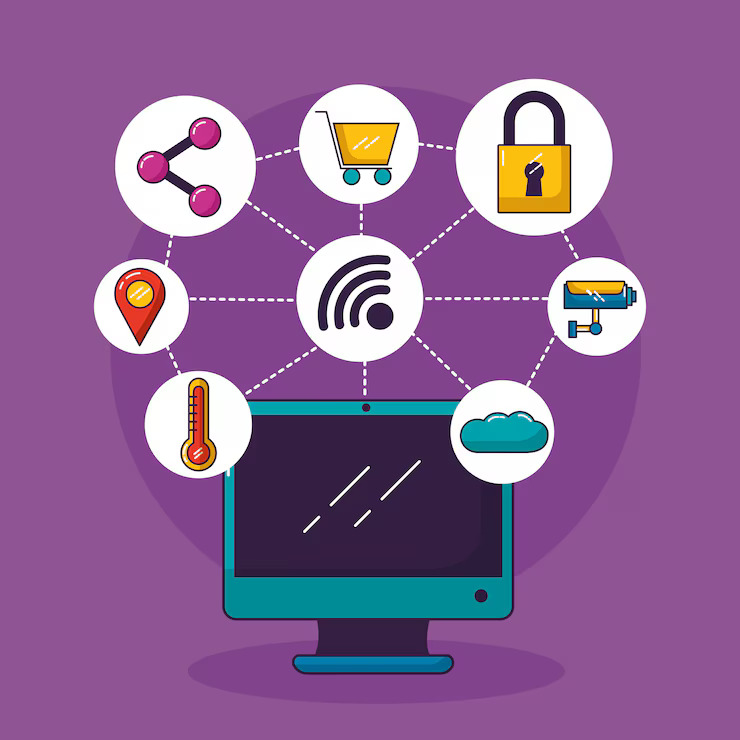
Platform as a Service (PaaS)
Platform as a Service (PaaS) provides a complete cloud environment for developing, running, and managing applications without the complexity of managing underlying infrastructure. It includes servers, storage, networking, operating systems, databases, and development tools—all hosted in dedicated data centers. PaaS accelerates time to market, reduces capital and operational costs, and supports seamless scalability. Developers benefit from on-demand access to a wide range of tools and resources, enabling greater experimentation and flexibility. By handling tasks like patching and software maintenance, PaaS allows teams to focus on innovation and efficiency, making it an ideal solution for modern, agile application development.
